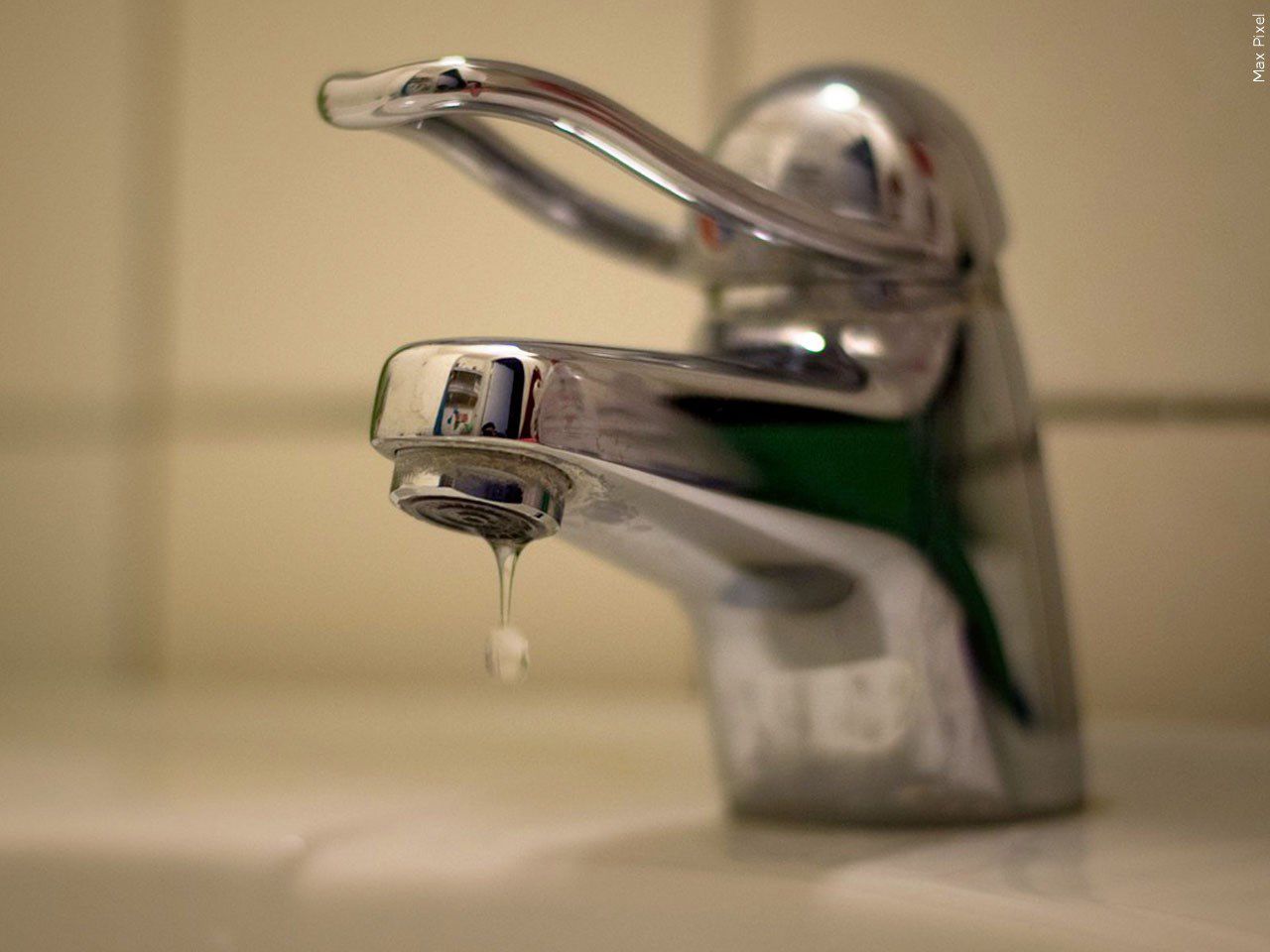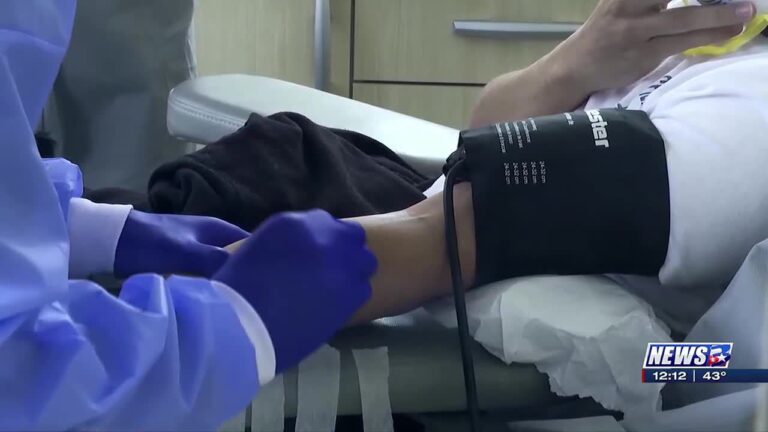Changes in water possible during annual disinfectant conversion in Brenham
BRENHAM, Texas (KBTX) – City officials in Brenham say you may notice some temporary changes to your water beginning August 1.
The City of Brenham public water system will temporarily convert the disinfectant used in the distribution system from chloramine to free chlorine.
The conversion will begin on August 1 through August 30. During this period, you may experience taste and odor changes associated with this type of temporary disinfectant conversion. Officials say there may be some discoloration or cloudiness in the water and possibly a chlorine odor or taste.
If you experience these changes, it’s asked that you run the water through the tap until it clears.
Customers may notice open fire hydrants throughout the city during this period to allow flushing of the system, which helps to remove sediment from the pipes and distribute the change in disinfectant. Minor pressure fluctuations and small air pockets may also occur. Officials say fire hydrant flushing should remove a majority of the color and odor, but some may reach customer lines during the process.
City officials say the water is safe to drink throughout this process and any odor and color issues will subside as the flushing is completed. At the end of the conversion, the standard process used for disinfection will be reintroduced and the system will return to normal operating conditions.
Public water systems are required to properly disinfect their water and maintain an adequate disinfectant residual in the distribution system. Chloramine, free chlorine combined with ammonia, is widely used as a disinfectant because it persists for long periods while also limiting the formation of disinfection by-product contaminants. Experts say prolonged use of chloramine coupled with other factors that can affect water quality, such as high temperatures or stagnation of water, may result in the growth and/or persistence of organic matter within the pipes of the distribution system, which may hinder the ability to maintain an adequate disinfectant residual. A temporary conversion to free chlorine, partnered with flushing activities, helps rid distribution pipes of this organic matter and improves the water quality overall.
At home, customers who use tap water for kidney dialysis should contact their doctor to advise them if any changes are necessary in their residual disinfectant neutralization procedures. Customers utilizing the water for aquariums should monitor the chlorine residuals.







